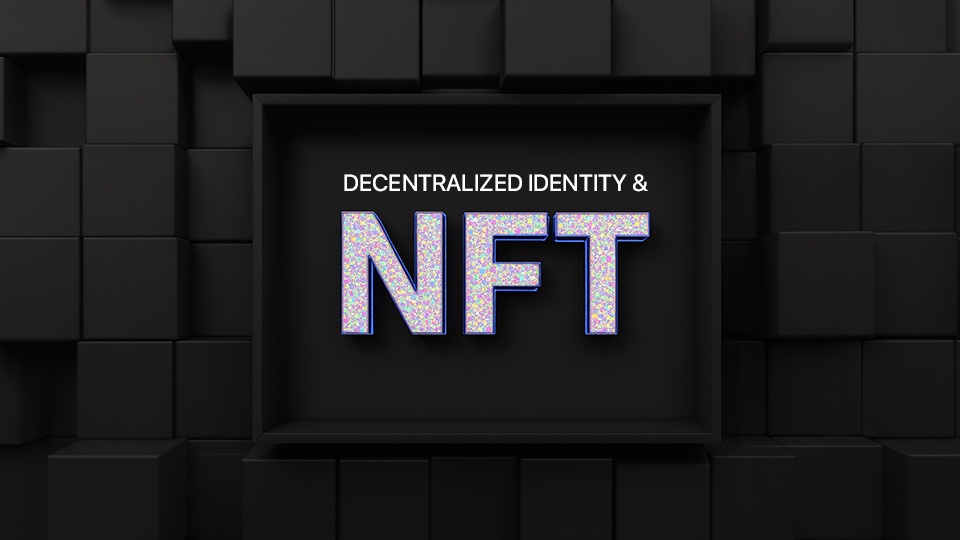A Quick Guide to the Importance of Know Your Customer (KYC) in Crypto Exchanges
With the growth of cryptocurrency, maintaining security and following regulations have become critical. One of the most important tools crypto exchanges use to build trust and safety is KYC, or Know Your Customer. This process, similar to what banks use, requires users to verify their identity, helping to prevent fraud and comply with financial regulations.
What is KYC and Why is It Essential?
KYC, originally a practice in traditional banking, is a verification process used to confirm the identities of users on a platform. For crypto exchanges, KYC ensures that only legitimate users can transact, reducing the risk of fraud, money laundering, and other illegal activities. As cryptocurrency adoption rises, these regulations have become essential to keeping the market secure and credible.
How KYC Works on Crypto Exchanges
To sign up for a crypto exchange, new users must typically provide:
- Personal Information – Basic details such as full name and date of birth.
- Identification Documents – A government-issued ID and, often, a proof of address.
- Selfie or Biometric Data – Some exchanges ask for a live photo to confirm identity.
After submitting these documents, the platform verifies the information before granting full access to its features. This process adds an extra layer of security by ensuring that every user is who they claim to be.
Benefits of KYC for the Crypto Community
KYC isn’t just about meeting legal requirements. It offers several benefits to exchanges, users, and the crypto industry as a whole:
- Enhances Security: By linking each account to a real person, KYC reduces the chances of unauthorized activity or hacking attempts.
- Builds Trust and Accountability: KYC reassures users that everyone on the platform has undergone the same vetting process, creating a trustworthy environment.
- Aligns with Financial Regulations: Following Anti-Money Laundering (AML) and counter-terrorism financing (CTF) guidelines ensures that exchanges operate legally and maintain integrity.
- Attracts Larger Investors: Complying with KYC can make exchanges more appealing to institutional investors, potentially boosting the overall crypto market.
Addressing Privacy Concerns
Many users worry about privacy when sharing personal information. Reputable crypto exchanges address these concerns by using advanced encryption methods to protect user data, ensuring that sensitive information remains secure and private.





